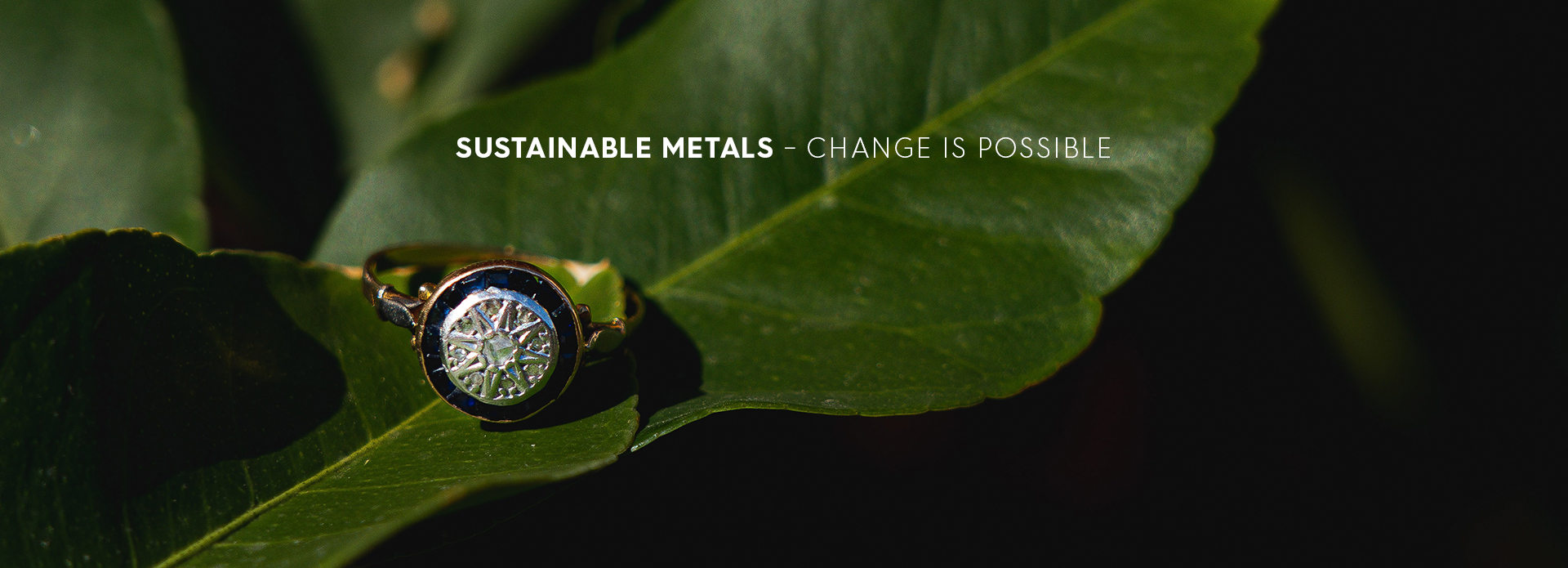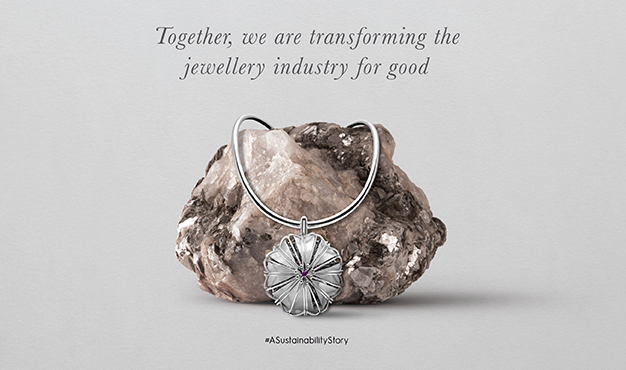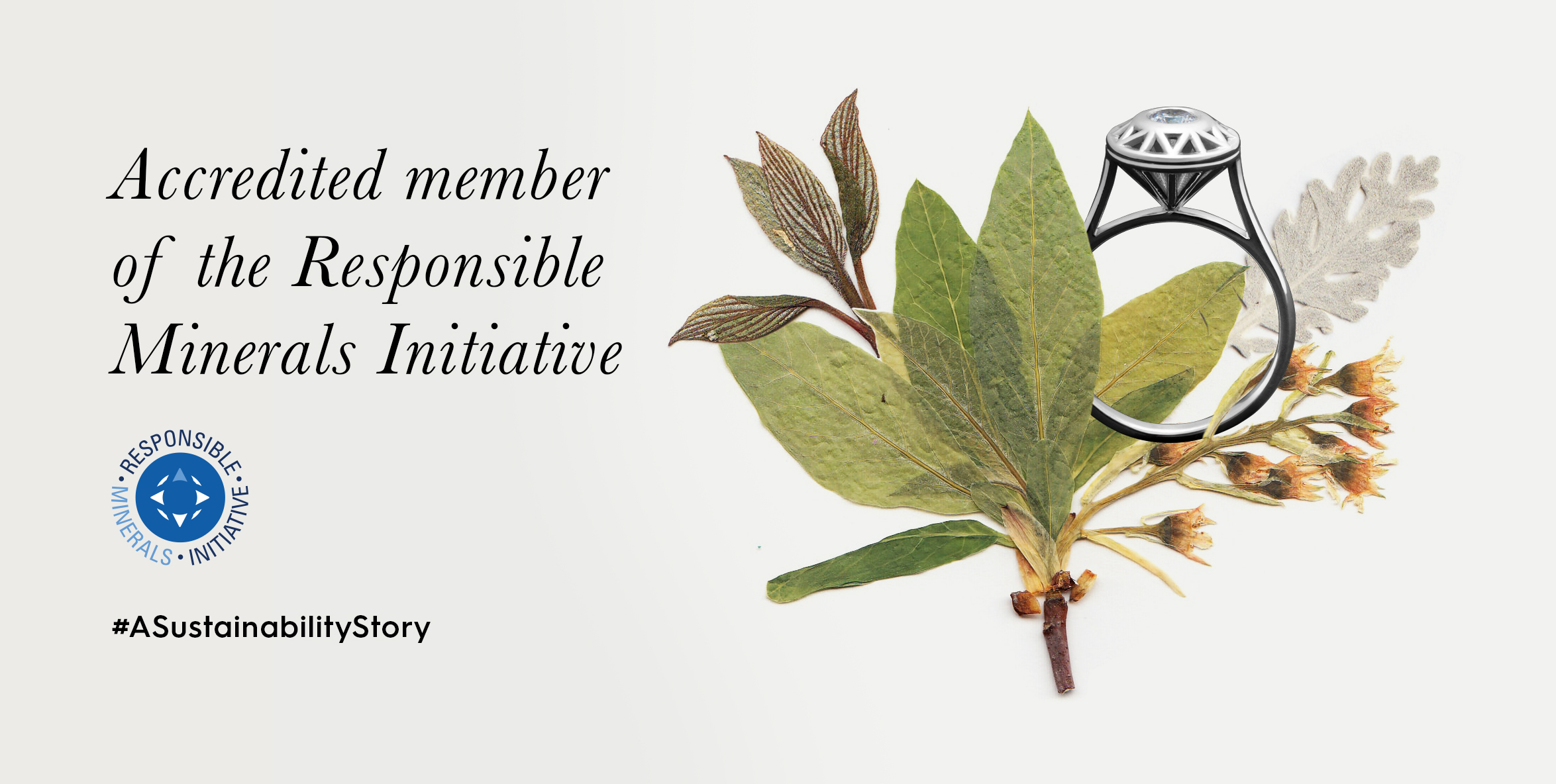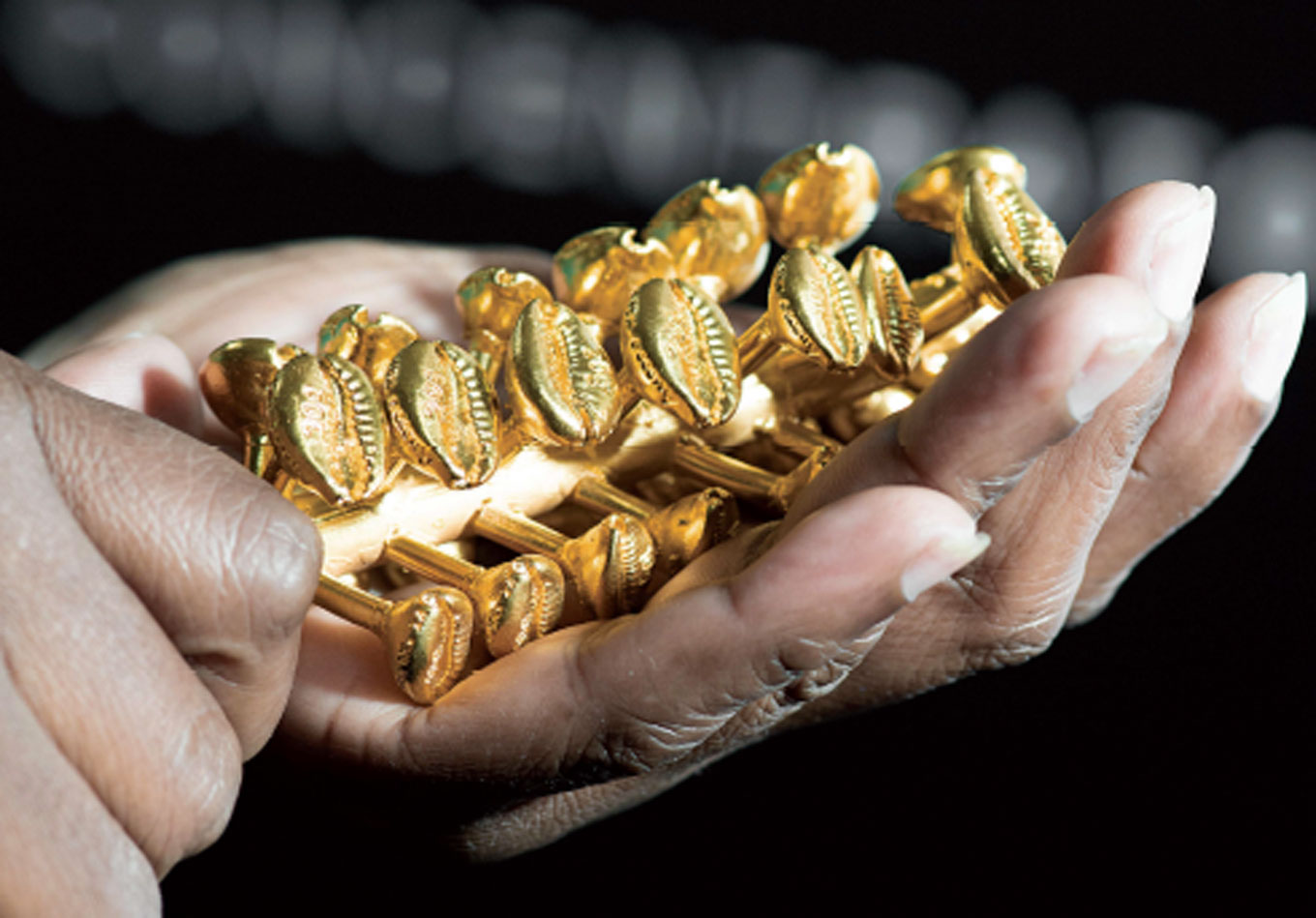Sustainable Metals – Change is Possible


Jewellers, consumers, and investors are moving towards demanding more sustainable products and practices, and rightly so. We need to protect what the earth so generously provides to us. From mine to market, the metal supply chain can be more sustainable. We explore how the industry is changing and means to achieve a more sustainable future.
The impact of mining
Mining hasn’t had the best reputation in the past when it comes to sustainability. However, change is on the horizon as the industry places increasing emphasis on Environmental, Social and Governance (ESG) factors as part of their growth strategies. ESG was a key topic headlining the 2023 African Mining Indaba, as industry players progressively pledge to drive the change.
Mines with better ESG ratings often outperform the broader market, offer enhanced shareholder value and are more attractive to investors. (PwC – Mine 2021: Great expectations, seizing tomorrow). Amid the world movement towards a low-carbon, sustainable economy, embedding ESG into mining organisational cultures presents mines with the opportunity to build trust, grow performance and ultimately affect real change.
It doesn’t end with mines. Further down the supply chain, refineries and jewellery manufacturers have a key role to play in the sustainability movement.
The role of refineries
As the go-between for mines and markets, refineries can also play a key role in contributing to the sustainability cycle.
Sustainable sourcing
Third party refineries should be selective in their sourcing of metals. Refineries should be opting for mines and suppliers that offer full traceability on the origin of the metals, how it was unearthed, and transparency around their business practices.
Where possible, the use of recycled metals is arguably one of the most sustainable, environmentally friendly ways to keep creating value from precious metals. Precious metals experience no degradation in the recycling and re-refining process — they simply return to their purest state. Gold and silver can be recycled indefinitely, without ever losing its quality or beauty.
Sustainable refining
Where possible, refineries can opt for methods that minimise the environmental impact. Some of these methods can include:
- • Reducing waste, recycling and reuse of generated general waste.
- • Reduction in energy consumption in combination with energy generation through green sources like solar or wind.
- • Eliminating and preventing harmful emissions of fumes and dust to the atmosphere that can result from refining processes.
The role of jewellery manufacturers
Further up the chain, jewellery casters and manufacturers should use refined metal from sources that prioritise sustainable practices in their operations, once again offering transparency and traceability. Jewellers should become more discerning in their supplier choices and manufacturing methods. Within their own operations, jewellers can also place emphasis on the use of energy efficient tools, recycling, reducing waste, education and upskilling of people. Eco-friendly, reusable packaging is also a great way to boost sustainability practices.
Associations that help keep industry players accountable
The Responsible Jewellery Council (RJC)
The RJC develops benchmark standards for the jewellery supply chain that verify responsible and sustainable business practices through third party auditing. The first standard is the RJC Code of Practice – which enables good ethical, social, human rights and environmental practices. The second is the RJC Chain of Custody – which enables fully traceable and responsible sourcing practices.
Sustainability is a process of continuous improvement and the RJC also challenges its members to learn more and do more. They provide useful toolkits to implement and drive corporate social responsibility and align with the well-known United Nation’s 17 Sustainable Development Goals.
The Responsible Minerals Initiative (RMI)
The RMI is known as a critical and respected resource for the responsible sourcing of minerals that positively impacts social economic development. The organisation aims to drive change by offering tools and resources that improve regulatory compliance across the industry and enables better sourcing decisions, especially when it comes to conflict-affected and high-risk areas.
MetCon: A South African sustainability story
MetCon places sustainability at the heart of our business practices. Our unique business model expands across the precious metal supply chain – from refining, to metal supply, all the way to casting and jeweller services. This business model enables us to make an impact at various touchpoints.
“The world is changed by our actions and the example we show others. As industry members, we have a responsibility to place sustainability at the forefront of decision-making across the supply chain.” – Grant Crosse, MetCon’s Managing Director

Some of MetCon’s sustainability initiatives:
Sustainable sourcing is of critical importance to MetCon. We hold a dual certification from the Responsible Jewellery Council, complying to their Code of Practice and Chain of Custody. This represents a commitment to integrate ethical, human rights, social and environmental considerations into our day-to-day operations, planning and decision making. MetCon is also a proud member of the Responsible Minerals Initiative.
MetCon launched our pioneering Platinum Provenance initiative in partnership with Anglo American Platinum. The platinum used in our manufacturing process is mined material from South African producers and the supply chain was verified in accordance with the Responsible Jewellery Council requirements. Buyers can rest assured that platinum was sourced responsibly and refined using processes that meet international environmental standards. MetCon hopes to use initiatives like these to educate industry partners and end-consumers on the importance of knowing the origin of their metal.
MetCon proudly and frequently utilises recycled metals, primarily gold and silver. We deal with a small group of trusted, verified suppliers from which we successfully refine recycled gold and silver up to the coveted 999.9 purity standard. By using these recycled metals, the company contributes to a circular economy, with minimal environmental impact.
When it comes to packaging, MetCon will soon be launching more sustainable, eco-friendly, and reusable alternatives to our jewellery clients.

The MetCon refinery in the OR Tambo International Airport Special Economic Zone aims to pave the way for green refining. The facility optimises temperature, ventilation, electricity, water and solar to help reduce its environmental impact. We harvest and use rainwater, run most of our daily operations through solar energy and reuse majority of waste products. An advanced building management system provides real-time data on energy requirements. The facility employs double scrubbing technology that enables the cleaning of fumes twice before emitted into the atmosphere. We also continuously monitor emissions according to strict European regulations.
For MetCon, sustainable business also includes the upliftment of people. From training of jewellers to cross-training and upskilling of internal staff across different business processes. We place immense value in empowerment and instilling a culture of sustainability amongst our people and partners.
Sustainability is a journey; a daily intention to make better choices, for the benefit of people, products and the planet.
Article adapted and published in the March 2023 issue of SA Jewellery News.
Recent Articles
 Live Pricing
Live Pricing


